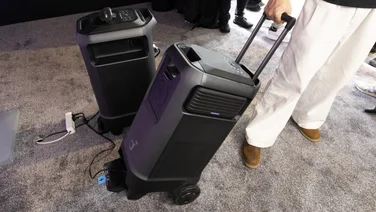To help us provide you with free impartial advice, we may earn a commission if you buy through links on our site. Learn more

Fake online reviews are nothing new. Website Fakespot, for example, is dedicated to unearthing sham reviews on Amazon, Tripadvisor and Yelp, among others. But the proliferation of groups seeking, urging and managing fake Amazon reviews on Facebook has prompted consumer association Which? to urge the social media site to take more action.
The groups in question exist on Facebook for the sole purpose of seeking users to write fake, highly rated reviews for mediocre, subpar or even downright shoddy products, in exchange for cash or freebies.
READ NEXT: How to delete your Facebook account
Which? recently undertook an investigation into the practice, with employees joining 10 individual Facebook groups under the pretence of looking to recruit fake reviewers. In 30 days, Which? had garnered over 55,000 posts from people willing to leave fake reviews in exchange for free products.

The consumer association has urged Facebook to clamp down on the presence of such groups on its platform, taking a more “proactive” approach to their proliferation.
READ NEXT: What do you get with your Amazon Prime subscription?
Speaking to the BBC, head of products at Which? Natalie Hitches said: “It is deeply concerning that
[Facebook]
continues to leave customers exposed to poor quality or unsafe products boosted by misleading and disingenuous reviews.”
The warning comes after Facebook received a slap on the wrist from the government back in June, with the Competition and Markets Authority (CMA) issuing a call to action regarding the groups and piling increasing pressure on the firm to take lasting action.
As for Facebook, the social media giant is protesting its innocence: “We don’t allow people to use Facebook to facilitate or encourage false reviews,” a company spokesperson explained. To date, the firm has removed nine of the ten groups Which? apprehended, with investigations ongoing into the tenth. The company has also promised it will continue to improve the technology it uses to weed such groups out.






